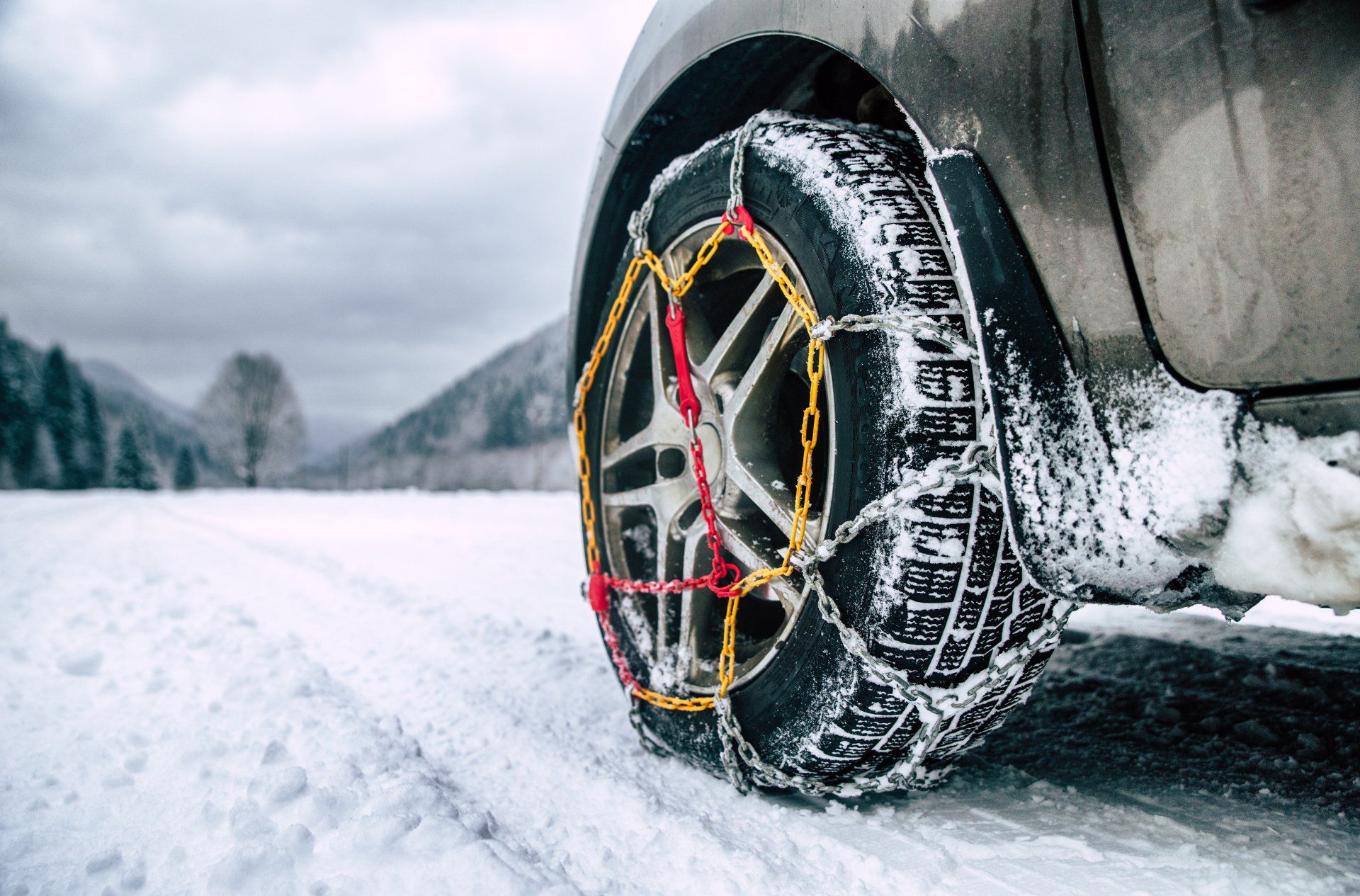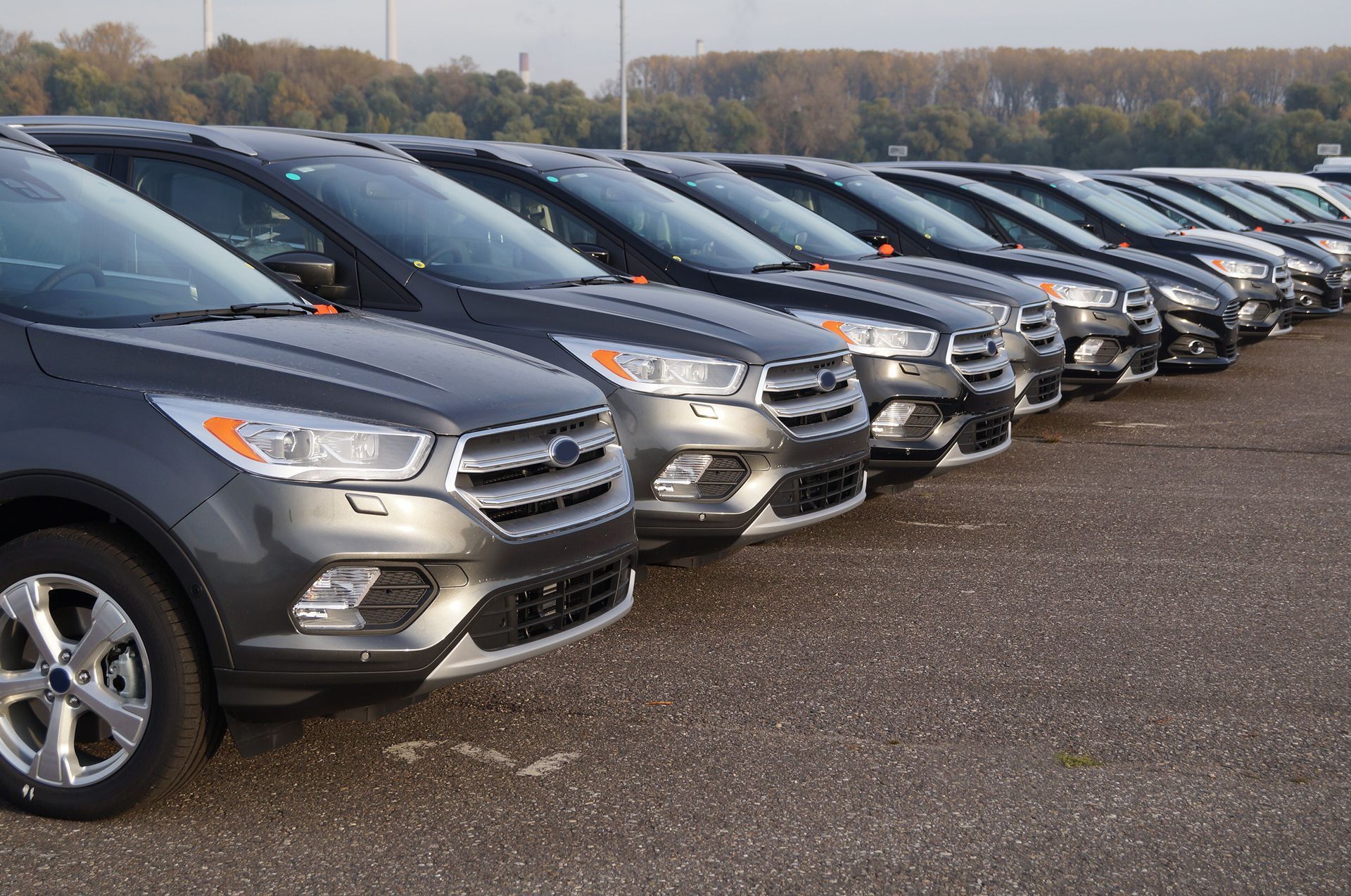Get Your Offer Today! Call 877-927-6093 for More Information
What Is Proper Seasonal Maintenance for Cars in Washington, D.C. and Baltimore?

Proper maintenance is vital to prolonging your car’s life. Throughout the year, your vehicle’s needs will shift based on the weather. Temperatures that are too hot or cold take a toll on cars, but appropriate maintenance can keep them operating smoothly.
Pre-Summer Maintenance Tips
Test Your Air Conditioning
The summer months can be hot and humid in Washington, D.C. and Baltimore. You should turn your car’s AC on early in the spring, even if it’s not entirely necessary, just to test it out before the truly brutal months of the year arrive.
Check Tire Pressure
Underinflation can accelerate tire wear. As you drive, the air pressure in your tires gets lower. Regularly checking air pressure with a tire pressure gauge may help your tires last longer. The air pressure you need varies depending on the car and tires. The good news is tire pressure is easy to maintain if you have your own pump or live near a gas station with air pumps.
You might also want to bring your vehicle to the shop that last replaced your tires. Many of those shops offer free airchecks and refills since these visits gives them an opportunity to try to sell you new tires. If you have nitrogen-filled tires, it’s probably a good idea to go to the shop that initially installed your tires so you don’t dilute the nitrogen concentration with compressed air.
Add Fluids
The beginning of summer is a good time to change your car’s oil and top off the fluids. Coolant is especially important because it keeps your engine from overheating. Besides the coolant, you may also want to check the transmission fluid, power steering fluid and windshield wiper fluid.
Some of these fluids may be okay, especially if your car was inspected recently, but if it has been over two years since your last inspection, your car’s fluids are probably running low. If you make an annual routine of replacing your car’s fluids every June, you will likely minimize the risk of running low at an inconvenient time, like when you are away from home or on a morning when you are running late for work.
Check Your Engine
Your engine’s health is crucial. If your car’s check engine light comes on, it may be a good idea to see a mechanic so the problem can be appropriately diagnosed and treated. Even if the check engine light does not come on, car experts recommend checking the oil regularly with the dipstick.
Pre-Winter Maintenance Tips
Test Your Headlights
Since it is often a darker commute during the winter than the rest of the year, it might be a good idea to make sure your headlights, fog lamps and high beams are working properly and are clear. You likely do not want to drive through darkness or fog with inadequate headlights. While you test your headlights, it might also be wise to check your taillights, hazard lights and turn signals.
Test Your Heating
By the time early autumn rolls around it’s likely that your car’s heater hasn’t been operated in a while. The first snowfall can come as early as December—or even November—in Washington, D.C. and Baltimore. Testing your car’s heater in September typically leaves enough time to repair it before the weather gets too cold.
Monitor the Brakes
Drivers could crash if their brakes don’t function properly on snowy or icy roads. It may help to talk to a mechanic about replacing your brake pads if you hear loud screeches when braking. Check your brake fluid to ensure it is not low or dirty to prevent spongy or soft braking.
Be Careful with the Tires
Checking your tires is crucial in the winter because overfilling your vehicle’s tires could cause them to lose their traction. Wet, slippery roads and decreased traction do not mix well. During a particularly snowy winter, snow tires might be a good investment.
Buy a Car in Washington, D.C. or Baltimore
Are you looking to sell your car? Do you want to upgrade to a pre-owned vehicle that better meets your needs? At Direct Car Buying, we offer a large inventory of pre-owned vehicles. Whether you’re looking for a truck for the winter or a sleek sports car for the summer, we’ll work to get you the vehicle of your dreams. Call us at 877-927-6093 today for more information.
All Rights Reserved | Direct Car Buying | Privacy Policy



